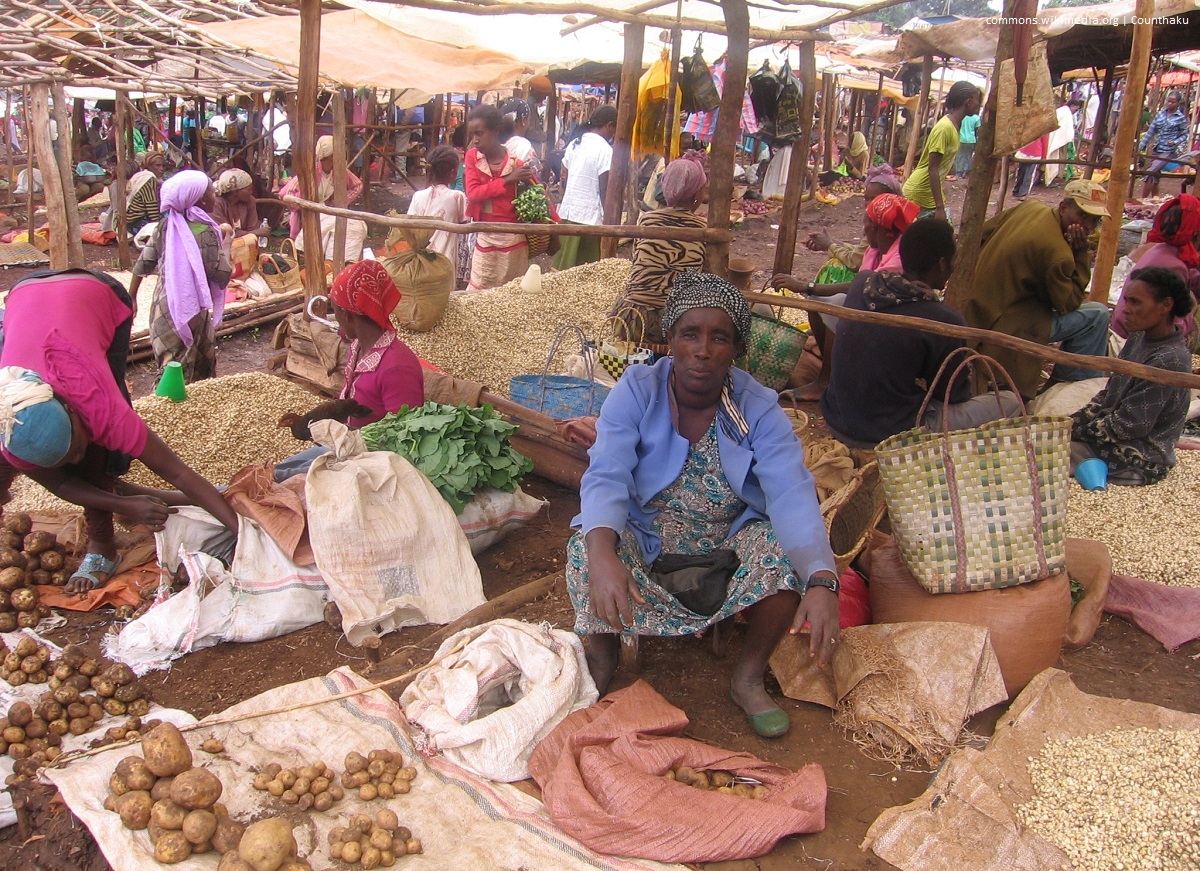The Start Network has launched a new video outlining a new way to think about localisation, the video aims to show a practical structure that could to improve the position of local organisations within international aid.
Local organisations are often better placed to respond, they can do it faster and their local knowledge means that they have a better understanding of peoples’ needs.
It is widely acknowledged that localisation can help solve many of the problems faced in the international humanitarian system, such as slow international response to crises and the high cost of international intermediaries. However, until now localisation had not been afforded a broad definition, whilst international agreements focused only on financial targets.
The Start Network is already pushing the agenda for localisation, one example is our Start Fund pilot in Bangladesh. The Bangladesh team were set up earlier this year to put funding and decision making into the hands of humanitarian groups closer to the communities most affected by disasters. Start Fund Bangladesh are enabling greater localisation by trusting national and local NGOs to access Start Funds directly and participate in allocation and project selection committees.
Localisation is a foundational and non-negotiable principle within the Start Network. In August, we published a report which presented a ‘baseline assessment’ of where the Start Fund and three Disasters and Emergencies Preparedness Programme projects currently sit within the ‘localisation agenda’.
Read more about the seven dimensions of localisation.
Read the full report the Start Fund and localisation.
Read more about the Start Fund in Bangladesh.
Blog: David Jones on the fundamental need for localisation in the humanitarian sector.

